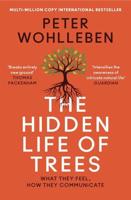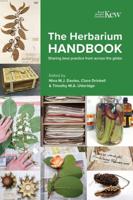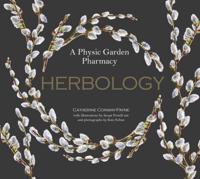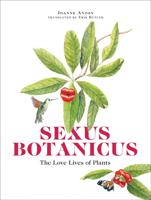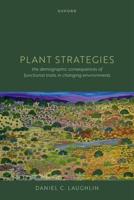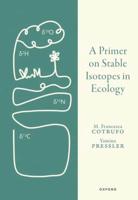Publisher's Synopsis
Ethnobotany of Palau is a two-volume series that examines the relationship between plants, people and traditional culture in the Republic of Palau. Palau is a place where cultural traditions are still intact, including respect for the environment, a value foundational to Palauan society. Based on a decade of field studies that began in 2007 as part of the Plants and People of Micronesia Program, it builds on prior studies of the Palauan flora, and emphasizes the biocultural diversity and wisdom of the Palauan people and their environment. The research included studies of botany, traditional uses of plants, resource management, phytochemistry, conservation and other topics intended to help support "cultural memory" for the people of Palau and the generations who will follow. These volumes result from a collaboration and partnership of the Belau National Museum, the New York Botanical Garden, National Tropical Botanical Garden and other institutions, communities and civic groups involving more than 75 individuals--plant collectors, local experts and ethnobotanical contributors. Volume 1 contains an introductory chapter on Palau and its environment, followed by a study of human impact on the landscape; the role of plants throughout Palauan life, from birth to death; the bai, a structure essential to Palauan culture; the relationship of people to the ocean that surrounds them; the importance of dait (Colocasia esculenta), a plant key to sustaining Palauan culture; the importance of traditional medicine; and, ethnomedical and phytochemical studies of Palauan plants.


